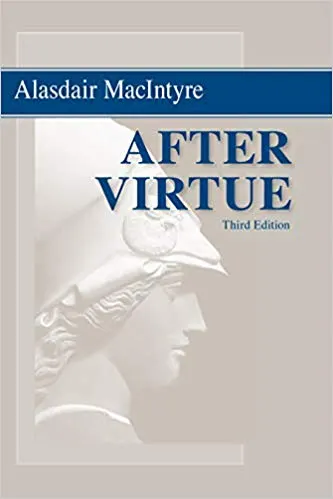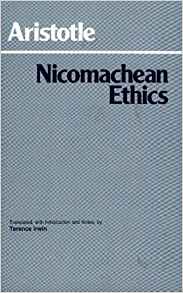Consider the example of a highly intelligent seven-year-old child whom I wish to teach to play chess, although the child has no particular desire to learn the game. The child does however have a very strong desire for candy and little chance of obtaining it. I therefore tell the child that if the child will... Continue Reading →
Happiness, The Ultimate End?
Happiness is acquired by virtue, and hence by our own actions, not by fortune. In Nicomachean Ethics, Aristotle regards the highest form of human good as eudaimonia, which would be roughly translated as happiness in English. He further argues that in order to achieve such happiness, one should act with appropriate virtues over the course... Continue Reading →
Nicomachean Ethics / Aristotle
From Terence Irwin's translation: "The cultivated people, those active [in politics], conceive the good as honor, since this is more or less the end [normally pursued] in the political life. This, however, appears to be too superficial to be what we are seeking, since it seems to depend more on those who honor than on... Continue Reading →
Pure Tyranny?
According to Aristotle, there are three species of political system, and an equal number of deviations, which are a sort of corruption of them. The first political system is kingship. And Aristotle claims that deviation from kingship is tyranny. Even though both are monarchies, kingship and tyranny could be considered as two ends of a... Continue Reading →



